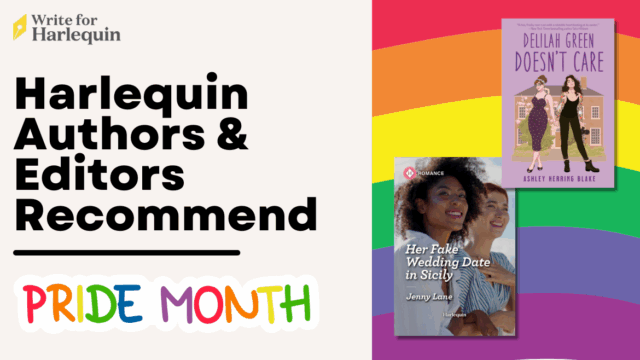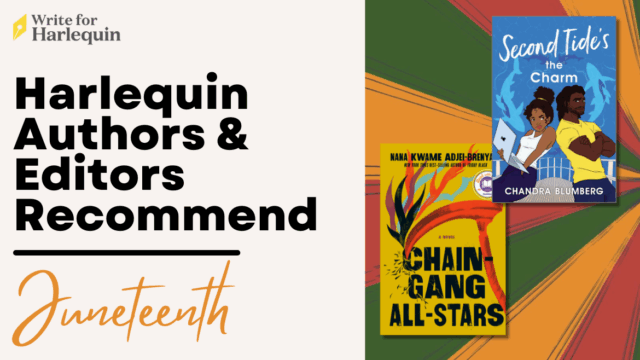Dear Editor,
I’m currently obsessed with writing about a hero who’s a definite ‘bad boy’ with all the gritty dark past that goes with it – I’m thinking a real maverick, maybe on the run from a criminal past. I can’t imagine him any other way, but I keep wondering, is he too bad? Is there even such a thing? Help!
Thanks,
Karen
Dear Karen,
You’re right; when writing romance there is an awfully fine line to tread between ‘bad boy’ and just plain bad! You don’t want to risk putting readers off by introducing an unsympathetic character who doesn’t seem to deserve your heroine’s love. But at the same time, the dark past of your hero (or heroine for that matter) may well be at the very centre of who they are, and why they can’t surrender their heart. Sometimes your characters just wouldn’t have a glistening clean slate for a past! And of course, a twist of darkness can pack a real emotional punch if handled in the right way…
BUT that’s not to say that everything can be forgiven! Sometimes there’s no getting around it: your character is just too unsympathetic. It may well be impossible to ever get on side with a rapist, or an unrepentant hero who murdered somebody in cold-blood! Think bone-melting, not bone-chilling!
So how do you walk this fine line like a professional? Try these four ‘R’s which should help you on your way to making your bad boy the good guy!
1) Reflection. Ahhh those youthful teenage years of rebellion! Placing your hero’s bad boy ways firmly in the past can give a sense of distance and perspective, making it easier to redeem him. For example, it may be that your hero used to be a rakish womaniser in his youth, but has undergone a complete transformation in his adult life…
2) Reasoning. As with every one of your characters’ actions, your hero’s motivation behind the ‘bad’ behaviour must be absolutely solid. For instance, consider the playboy hero again. Perhaps he witnessed his own parents’ abusive relationship and became disillusioned with the idea of true love. Maybe if your hero believed himself to be incapable of love and commitment, then he would think he was doing women a favour by walking away!
But in some books the hero’s behaviour directly affects the heroine! How do you motivate a blackmail plot, for example? Again this all comes down to the situation. It might be easily forgivable if he’s using blackmail to protect a member of his family, or even his unborn heir! Or perhaps he had such a strict upbringing, that he now expects absolute obedience from everybody – and especially from himself!
What if I want to go even darker, I hear you ask? If the hero’s not in the army, or a sheriff, can he be forgiven for killing a man? Tread with caution: but if it was a life or death situation, especially if someone he loved was about to be hurt or killed, there might be enough here to keep your hero sympathetic.
3) Repentance. Arguably, this is the most important factor of all. Is your hero sorry? The haunted hero, complete with a thick layer of guilt, can be the start of a really emotionally rewarding story. Especially when your heroine’s the one to forgive him and chase those shadows away!
4) Redemption. Forget the past; this is all about ensuring your hero does enough to redeem himself in the present. How has he made up for his dark past? For instance, a clearly repentant hero may be more likely to have iron self-control, a powerful sense of determination and sharpened protective instincts – which surely can only be good news for your heroine!
If you keep all of the above in mind and keep your hero strong and sexy, then you’ll be fine. Take a chance on your hero and see where he leads!
Happy writing, and good luck!
The Sold Editors x
Do you have a burning question about your manuscript? Or perhaps you’ve had some feedback you want more clarification on? Then email us as SOLD-Blog@harlequin.ca and we’ll answer your question next time on Dear Editor!




